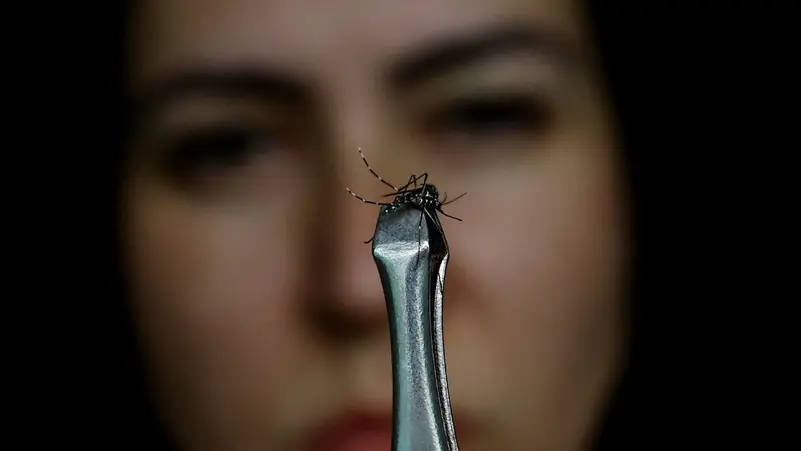In the area that includes the European Union (EU) plus Iceland, Liechtenstein, and Norway (EEA), 130 locally acquired cases of dengue were reported in 2023 as opposed to 71 in 2022.

The EU’s health agency warned on Tuesday that as climate change produces warmer temperatures that facilitate the spread of invasive mosquitos, cases of dengue and other mosquito-borne diseases are sharply increasing throughout Europe.
In the area that includes the European Union (EU) plus Iceland, Liechtenstein, and Norway (EEA), 130 locally acquired cases of dengue were reported in 2023 as opposed to 71 in 2022.
The European Centre for Disease Prevention and Control (ECDC), located in Stockholm, stated that this was a “significant increase” above the 73 total over the 2010–2021 period.
With 1,572 instances in 2022 and 4,900 in 2023—”the highest number” since the start of EU monitoring in 2008—import cases were also increasing.
“Europe is already seeing how climate change is creating more favourable conditions for invasive mosquitos to spread into previously unaffected areas and infect more people with diseases such as dengue,” Andrea Ammon, director of the ECDC, said.
“What we can see is that there is a connection between a higher temperature in summer, a milder winter and the spread of the mosquitos further in areas where they are not present right now,” Ammon said at the conference.
In 2023, there were 713 locally acquired cases of the West Nile virus reported in 123 different localities in nine EU countries, along with 67 deaths.
The number of impacted locations reached its highest point since 2018, even if the number of cases decreased from 1,133 in 2022.
According to the ECDC, Culex pipiens, the mosquito that carries the West Nile virus, is a native of Europe and may be found all over the EU/EEA.
The ECDC stated that the Aedes albopictus mosquito, which is responsible for spreading the dengue, chikungunya, and Zika viruses, “is spreading further north, east, and west in Europe, and now has self-sustaining populations across 13 EU/EEA countries”.
According to the report, the Aedes aegypti species—which is also known to cause dengue, chikungunya, zika, and yellow fever—has recently migrated to Cyprus and a number of other remote EU areas, including Madeira and the French Caribbean islands.
It is widely predicted that climate change would have a significant impact on the spread of diseases carried by mosquitoes in Europe, for example, by fostering an environment that is conducive to mosquito establishment and growth.




